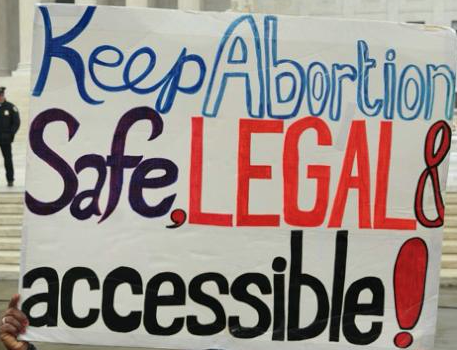Last Updated on October 21, 2024
Since 1999, October is Health Literacy Month. This week is also National Health Education Week. Health literacy is defined as the degree to which an individual has the capacity to obtain, process, and understand basic health information and services needed to make appropriate health decisions. Being able to disseminate health information allows people to navigate the healthcare system, keep track of their medical history, competently engage in self-care, and understand probability of health risks.
Health literacy is the main form of defense against misinformation prevalent in our society. Knowledge of the facts is key to combat the influence of those who would fly in the face of medical and scientific studies on subjects such as vaccinations or family planning services. Dangerous pseudoscience can be avoided, saving individuals money and suffering at the hands of those who either don’t know or don’t care. Despite this, only 12% of adults have “Proficient” health literacy according to the National Assessment of Adult Literacy. This means nearly nine out of ten American adults may lack the knowledge necessary to manage their health and prevent disease. Populations most likely to experience low health literacy are the elderly, racial and ethnic minorities, people with less than a high school-equivalent education, people with low-income, non-native English speakers, and individuals with compromised health status.

The primary responsibility of improving health literacy lies with health officials and the healthcare and public health systems. When faced with one’s own health or the health of a loved one, a person can inform themselves and hold a more active role in their health education. NeedyMeds has Disease Information Pages to help individuals learn about conditions that they or a loved one have been diagnosed with. Many of our Disease Information Pages are co-sponsored by partner organizations, offering their expertise to the information we offer and ensuring accurate and up-to-date resources for the diagnoses they focus on. We also list free and low-cost clinics, some of which offer health education services. Search your zip code for locations near you that offer Health Education under the Details column. NeedyMeds also has an easy-to-understand Patient Education Booklet that explains resources that can help save money on healthcare expenses. You can order a copy through our Subscription Center or download a copy.





